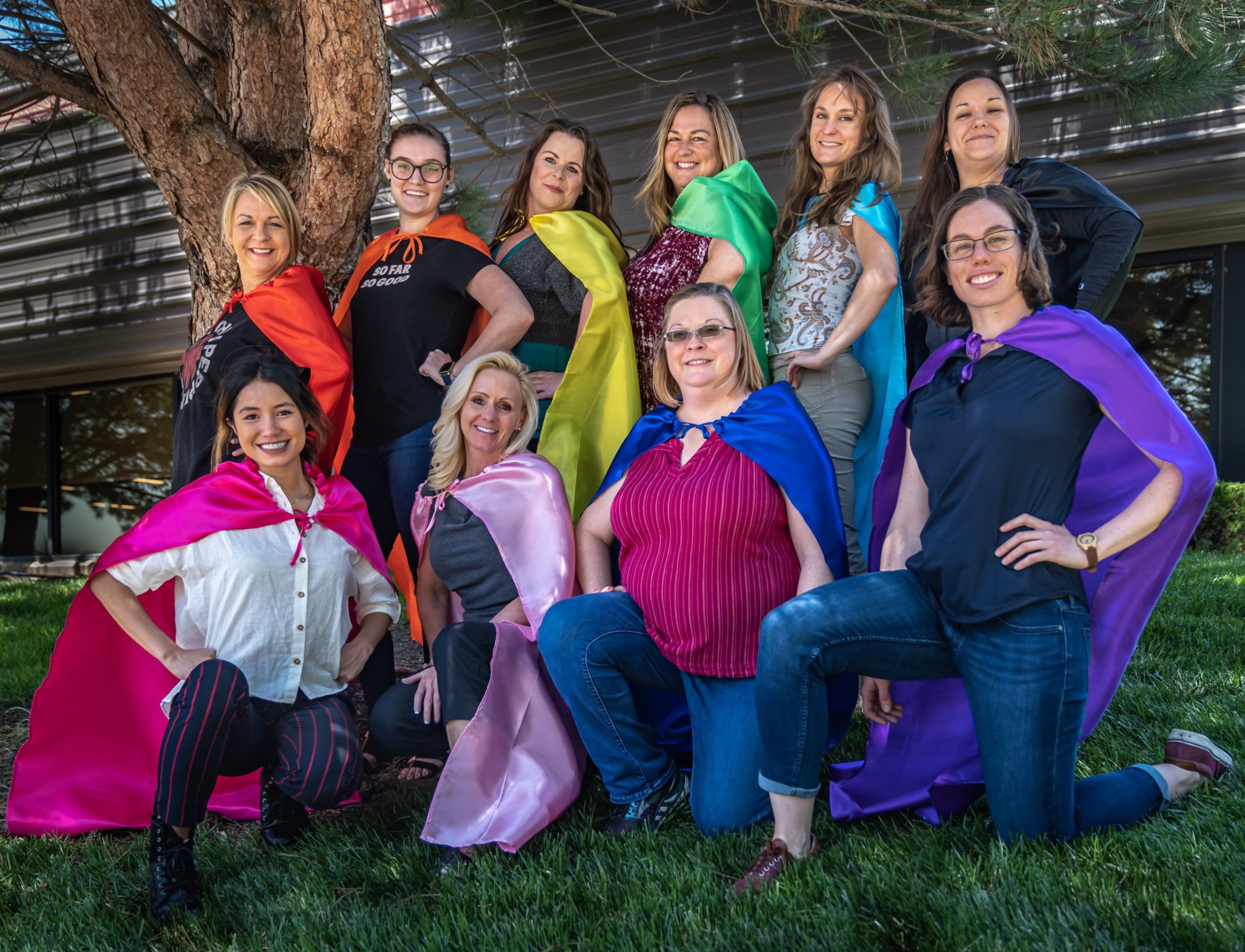
by Heather Shoffner, Roccor COO
As I contemplate the subject of women in STEM, the first question that comes to mind is, “why is this a topic?” It is, after all, 2019 and there are women running for president, women running companies, women that are breadwinners for their families. I am not an engineer. I consider myself an engineer “groupie.” Since the age of 22 (27 years now!), I have had the unequivocal honor of working with hundreds of talented engineers and scientists in a variety of high-tech fields.
As I considered the question above and asked some of the women engineers and scientists I trust and admire this question – their response is that it still takes “more” to be sure that girls and young women get exposure to coursework and feeder programs that lead to the STEM professions. More effort, more exposure, more seeking out populations that don’t normally identify with this content.
Engineering is a competitive field. Like many specialized professions, it is this competition that ensures we have the best minds engaged in solving the problems of industry, the environment, and humankind. The STEM professions tend to have a pecking order for all parties, and it can be a challenge for people entering these fields to allow room for each other. As I spoke with women in science, technology, engineering, and math professions, they offered up an array of experiences – both positive and negative. Several mentioned being placed in less serious engineering roles and being told they are “good with people” so they should be the main customer or supplier interface – when they truly want to be solving the challenging technical problems with the team. Others described their colleagues or managers being surprised when they delivered solid papers, designs, discoveries, or inventions.
At the first start-up company I worked for in the 90s, I met a wonderful woman, Bridgette, who to this day is the most talented artist and industrial welder I have met. She became a welder at Micro Motion, based in Boulder, Colorado, in the early 80s – in the days of the “Snap On” calendar (I hear that those calendars haven’t actually changed much), open sexual advances, jokes, and derogatory comments about the capabilities of a woman to weld well and seriously. But she did. And consistently did better than her counterparts – all while having to ignore/counter/banter and establish herself – not just as equal, but better. Bridgette was about 10 years older than I, and I was amazed by her stories.
My personal experience in manufacturing environments over the past 27 years was that I often found myself to be the only female in the room for meetings, discussions, planning and working sessions. In my first-hand experience, I was fortunate and never thought much of it other than to note it occasionally. What has become noteworthy is that my informal poll over years and companies has indicated ratios of women present has moved from 10% starting to now 50-60%. In my current job with Roccor, I sometimes look around the room of people discussing the challenging design issue at hand and notice with a silent smile that everyone from the engineers to quality to project management to myself, as COO, are women.
For young women starting in your technical careers – the advice from my colleagues is unanimous. Seek out and identify your mentors (men or women) – make a point of scheduling time with them and learning from them. For those of you with experience under your belt – no matter how much or little – seek out young people to mentor. Be aware that the young women entering your field may be experiencing situations that feel unwelcoming, patronizing, or cliquish and be willing to listen and provide guidance. Organize and open up opportunities in your professional communities for women to get together and share ideas, discoveries, and research openly and supportively, for the joy of doing so. Continue to provide “more” to girls and young women – more exposure, more programs, more volunteer time and content. Continue the conversation as long as it takes. Until there is no longer anything to talk about.
If you’d like to learn about Roccor and our commitment to diversity, inclusion, and to our team of world-class women in STEM, read more here.




